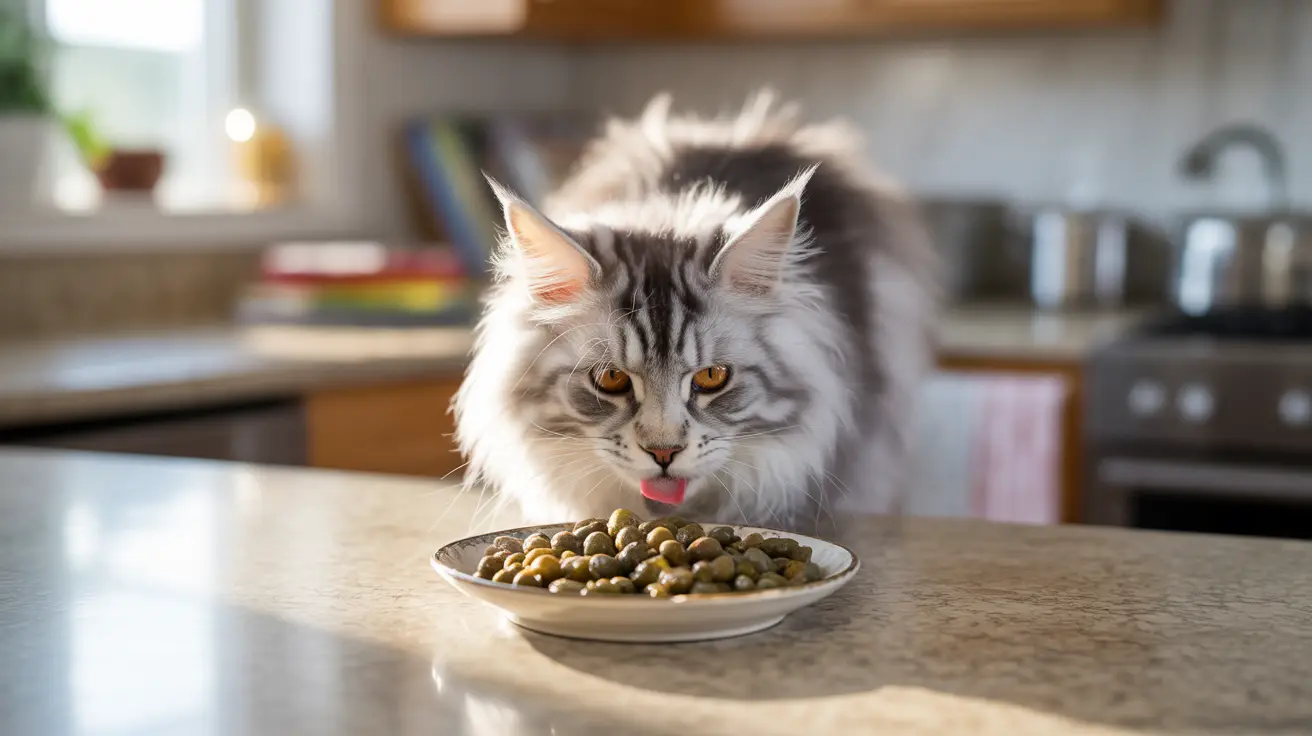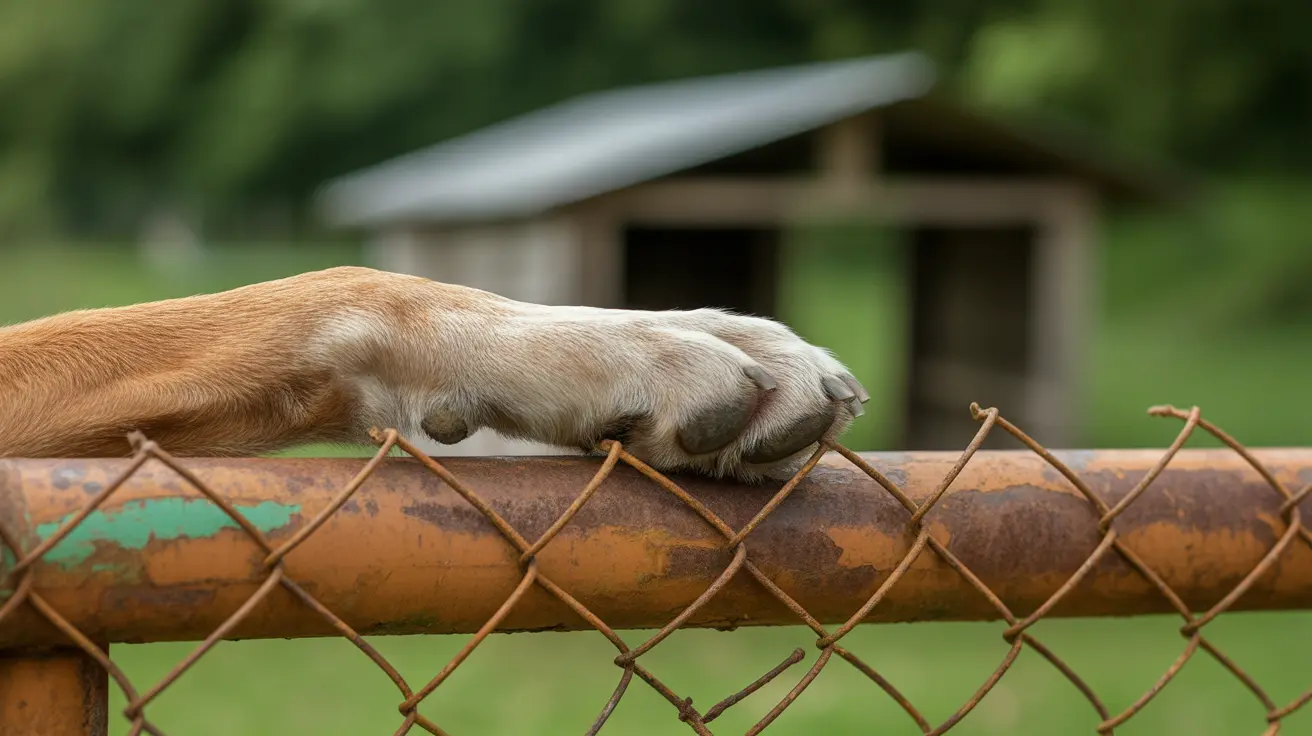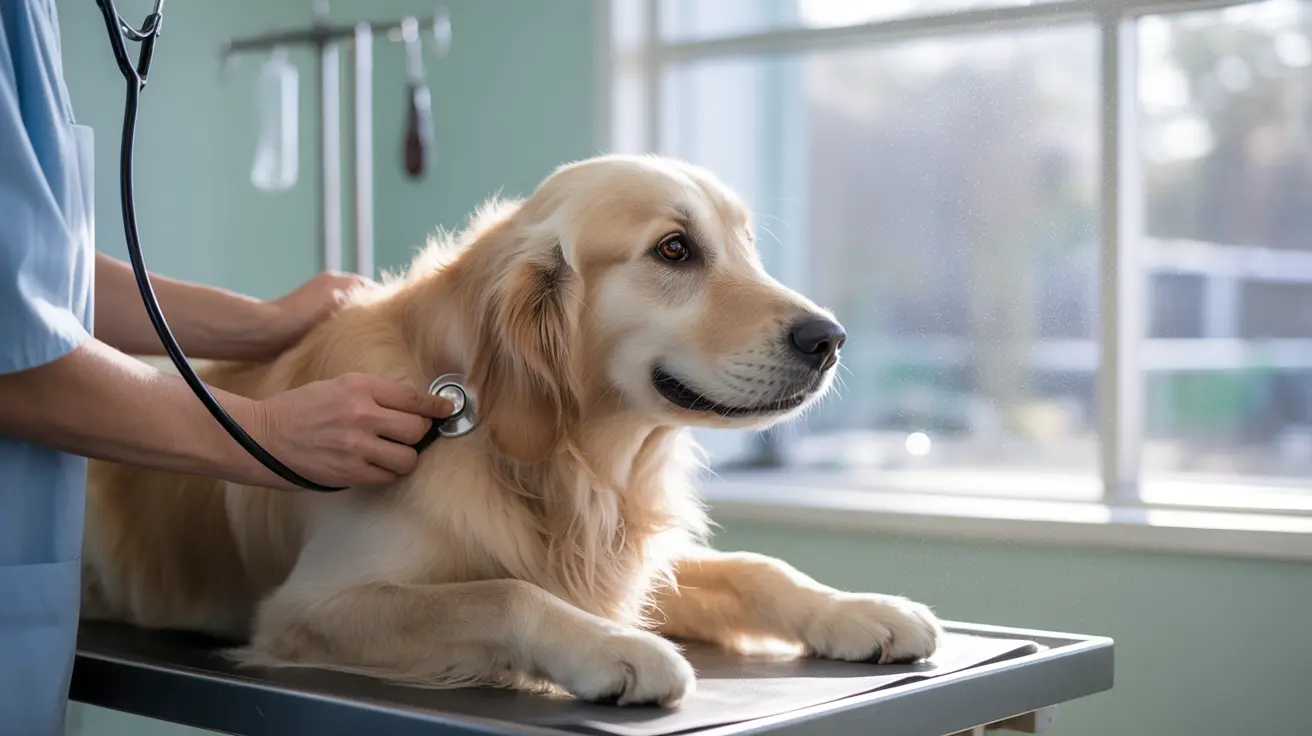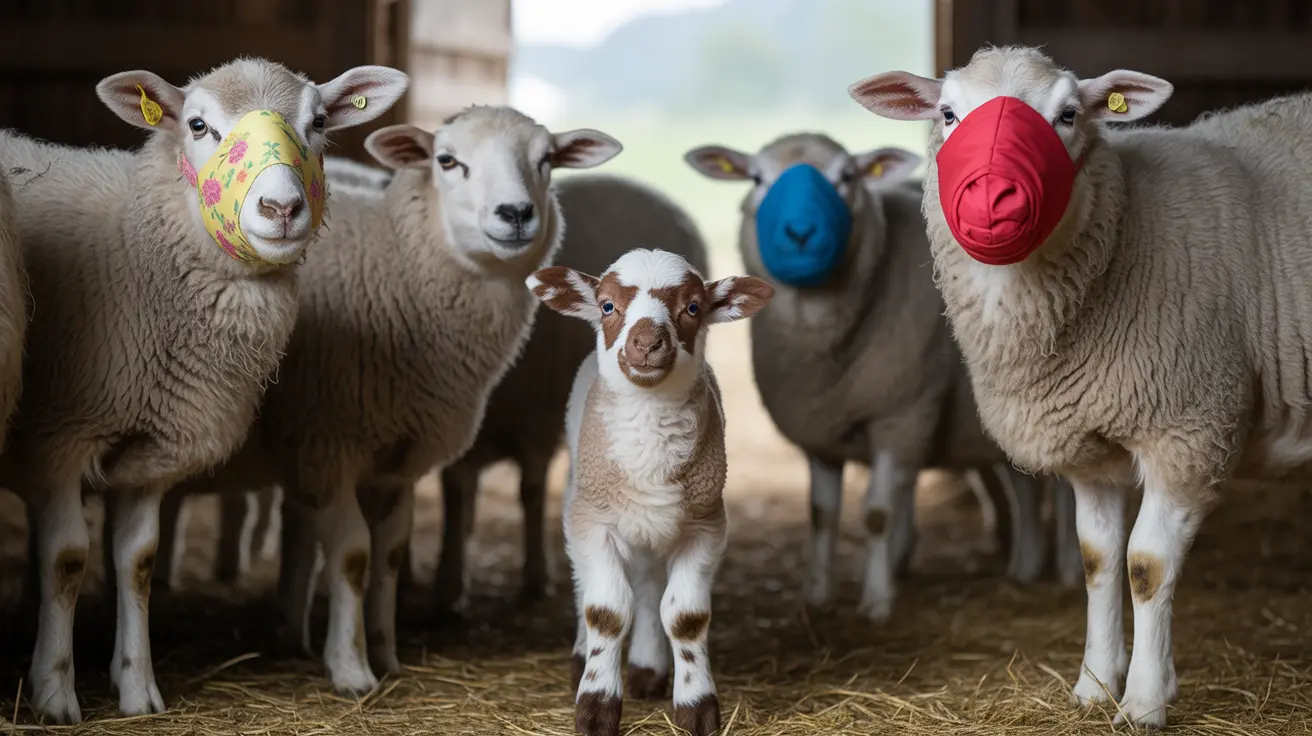Understanding Capers and Their Impact on Cats
Capers are the unopened flower buds of the Capparis spinosa plant, traditionally pickled in brine or salt. While they're a culinary delight for humans, their preservation process makes them particularly dangerous for cats. The average tablespoon of capers contains more sodium than a cat should consume in an entire day.
Health Risks of Feeding Capers to Cats
Sodium Toxicity
The primary danger of capers for cats is their excessive salt content. Cats have a much lower tolerance for sodium than humans, and even small amounts can lead to serious health issues. A single tablespoon of capers can contain up to 200mg of sodium - far exceeding a cat's daily recommended intake.
Digestive System Problems
Cats may experience severe gastrointestinal distress after consuming capers, including:
- Vomiting
- Diarrhea
- Stomach pain
- Loss of appetite
Dehydration Risk
The high salt content in capers can cause rapid dehydration in cats. This is particularly dangerous because cats naturally have a low thirst drive and may not drink enough water to compensate for the increased sodium intake.
Signs of Salt Poisoning in Cats
If your cat has consumed capers, watch for these warning signs:
- Excessive thirst and urination
- Lethargy and weakness
- Tremors or seizures
- Confusion or disorientation
- Swollen abdomen
- Elevated heart rate
What to Do If Your Cat Eats Capers
If you catch your cat eating capers or suspect they've consumed some, take these immediate steps:
- Remove any remaining capers from their reach
- Provide fresh water
- Monitor their behavior closely
- Contact your veterinarian if you notice any concerning symptoms
Safe Alternatives to Capers for Cats
Instead of capers, consider these cat-safe treats:
- Commercial cat treats
- Small pieces of plain, cooked chicken
- Tiny bits of cooked fish (unseasoned)
- Freeze-dried meat treats specifically made for cats
Prevention Tips
To protect your cat from accidental caper consumption:
- Store capers and other brined foods in secure containers
- Clean up any spills immediately
- Keep cats away from the dining table during meals
- Educate family members about foods that are unsafe for cats
Frequently Asked Questions
Can cats safely eat capers or caper-containing dishes?
No, cats should not eat capers or dishes containing them. The high sodium content and brining process make them unsafe for feline consumption.
What are the health risks of capers for cats, especially related to their salt content?
The main risks include sodium toxicity, severe dehydration, kidney stress, and gastrointestinal problems. Even small amounts can be dangerous due to cats' low sodium tolerance.
What symptoms indicate salt poisoning in cats after eating capers?
Key symptoms include excessive thirst, frequent urination, vomiting, diarrhea, lethargy, tremors, and in severe cases, seizures or collapse.
How much caper intake is dangerous for a cat, and when should I contact a vet?
Even a single caper can be problematic. Contact your vet immediately if your cat consumes any capers, especially if they show unusual symptoms.
Are fresh capers less harmful to cats than pickled or brined capers?
While fresh capers contain less sodium, they're still not safe or appropriate for cats. Cats are obligate carnivores and don't need or benefit from eating capers in any form.
Remember, when it comes to your cat's diet, it's always better to err on the side of caution. Stick to veterinarian-approved foods and treats to ensure your feline friend stays healthy and safe.






